
Attorney General William Barr appears before a Senate Appropriations subcommittee to make his Justice Department budget request, Wednesday, April 10, 2019, in Washington. (AP Photo/Andrew Harnik)
Attorney General William Barr sat for an interview with CBS News’ legal correspondent Jan Crawford on Wednesday to discuss Robert Mueller’s controversial statement. I posted about (Mueller’s comments here, here and here.) The full interview will air on “CBS This Morning” on Friday. I’ll be posting on the full interview late Friday morning.
In the meantime, CBS has released two brief clips from the interview (please scroll down to view). First, Barr is asked if he agrees that Mueller “couldn’t really make a decision.”
Barr does not agree and said that Mueller “could have made a decision about whether it was criminal activity.”
In the second segment, Crawford asks Barr to respond to criticism that he “protects” and “enables” the President and Barr discusses the hyper-partisan age we live in.
Once again, Barr appears very much on top of the situation.
Jan Crawford, CBS News: We saw the special counsel yesterday make the statement that he analyzed 11 instances where there was possible obstruction of justice but he couldn’t really make a decision. Do you agree with that interpretation?
Attorney General William Barr: I personally felt he could have reached a decision.
Crawford: In your view, he could have reached a conclusion?
Barr: Right, he could have reached a conclusion. The opinion says you can not indict a president while he’s in office, but he could have reached a decision about whether it was criminal activity. He had his reasons for not doing it, which he explained. I’m not going to argue about those reasons, but when he didn’t make a decision, the deputy attorney general and I felt it was necessary for us, as the heads of the department, to reach that decision.
Crawford: Well, he seemed to suggest yesterday that there was another venue for this, and that was Congress.
Barr: I’m not sure what he was suggesting, but the Department of Justice doesn’t use our powers of investigating a crime as an adjunct to Congress.
Crawford: When you see some of the criticism and you’ve gotten quite a bit of it, that you’re protecting the President, that you’re enabling the President, what’s your response to that?
Barr: Well, I think we live in a hyper-partisan age where people no longer really pay attention to the substance of what is said, only to who said it and what side they’re on and what it’s political ramifications are.
The Department of Justice is all about the law, the facts, and the substance and I’m going to make the decisions based on the law and the facts. I realize that is in tension with the political climate we live in because people are more interested in getting their way politically, so I think it just goes with the territory of being the attorney general in a hyper-partisan time.

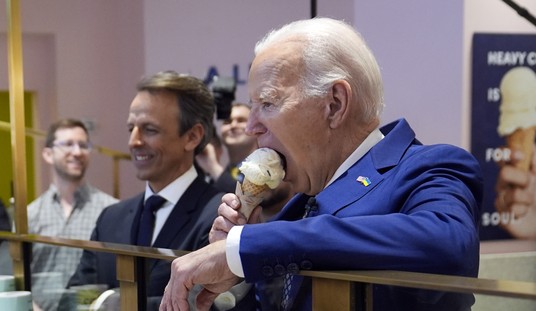
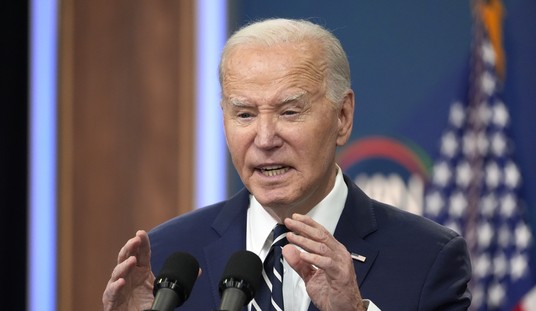


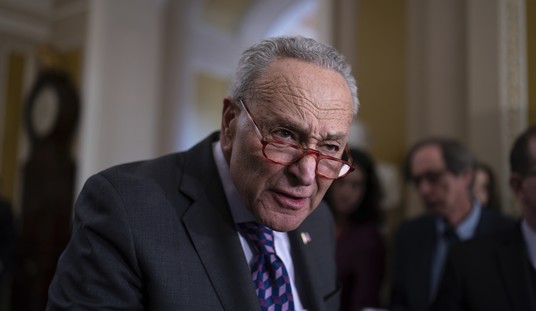

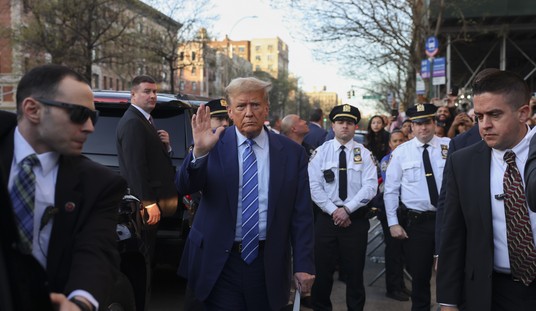

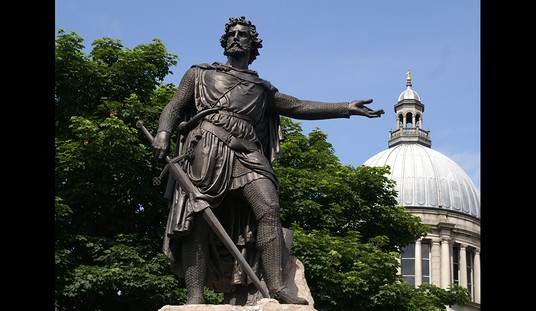




Join the conversation as a VIP Member